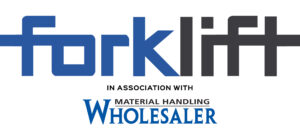
Forklift-International and Material Handling Wholesaler will be at MODEX 2024
Forklift International.com and Material Handling Wholesaler will have a booth at MODEX 2024 on March 11 –

Forklift International.com and Material Handling Wholesaler will have a booth at MODEX 2024 on March 11 –
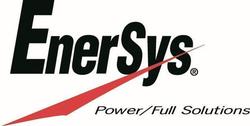
EnerSys® will premier its latest NexSys® charging innovations at MODEX 2024 – the NexSys® AIR wireless charger and the NexSys®+ Outdoor charger. Engineered
Veteran Financial Leader to Fortune 500 Technology Companies to Lead Next Phase of Company Growth Flux Power Holdings, Inc., a

Battery Builders is excited to announce several new additions to our Field Sales team: Trey Hitson, Director of Sales Trey
Company to Showcase its New G2 Product Line of Heavy-Duty Battery Packs and SkyBMS® Telematics Solution Flux Power Holdings, Inc.,
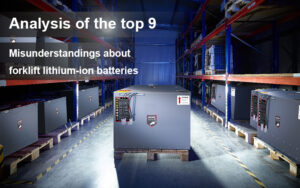
Interest in and use of lithium-ion batteries in industrial trucks is growing. There are many advantages to this revolutionary technology,
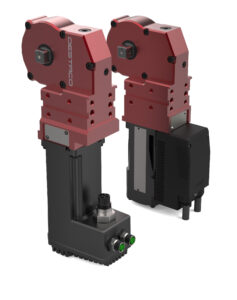
The 92W Series Power Clamp saves costs, CO2 and energy on the way to Industry 4.0 DESTACO, a provider of
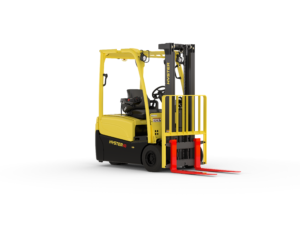
The new Hyster Power Cellect option enables users to easily change among major battery sources with no external accessories, software

Dialight, a hazardous and industrial LED lighting innovation, has announced an all-new battery back-up model for its iconic LED High Bay. These

New behind-the-meter storage practice demonstrates potential benefits, including lower costs The Raymond Corporation has finalized its deployment of a full-scale

This time last year, in February 2023’s edition, I asked the question, ‘who owns the end-customer and their customer experience’
Powering equipment is one of the main considerations of any material handling operation. What type of battery power to use and

Nano One® Materials Corp. (“Nano One”), has announced that Mr. Carlo Valente will be joining Nano One as Chief Financial
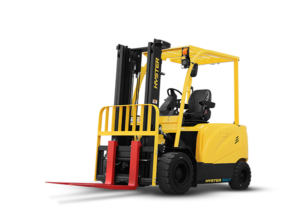
Hyster Company announces the expansion of its integrated lithium-ion forklift lineup with the addition of the three-wheel J32-40UTTL and four-wheel J30-70UTL.
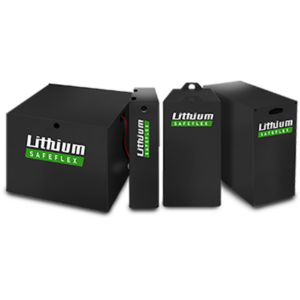
The milestone follows the company’s celebration of ten years of motive power technology leadership for material handling and ground support

Green Logistics The logistics and transport sector (operating commercial and industrial trucks and forklifts) contributes just over a third of
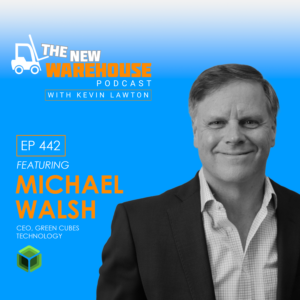
In episode 442 of The New Warehouse podcast, Kevin talks with Michael Walsh, CEO of Green Cubes Technology. The company,
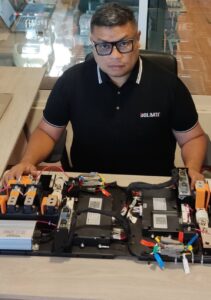
Batteries used in forklifts and other material handling equipment often look very similar, with no obvious differences in design or
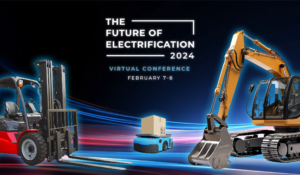
ZAPI GROUP drives discussions on achieving an All-Electric Reality with industry experts and futurist Stefan Hyttfors ZAPI GROUP, a global
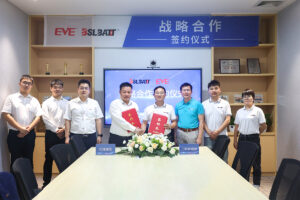
BSLBATT®, a China manufacturer of forklift lithium batteries specializing in the material handling industry, has announced that it has partnered